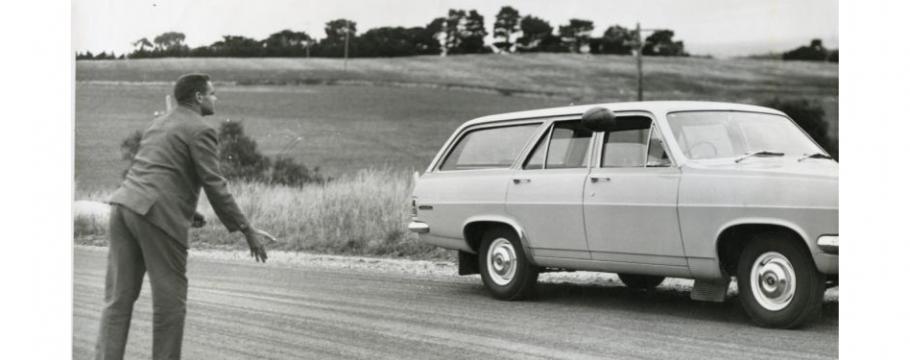
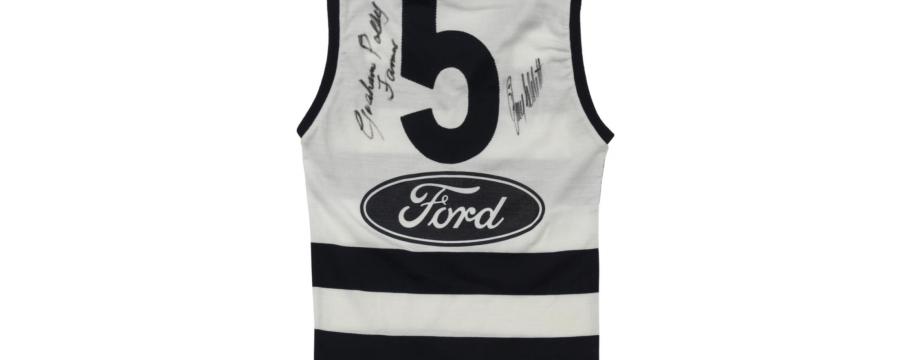
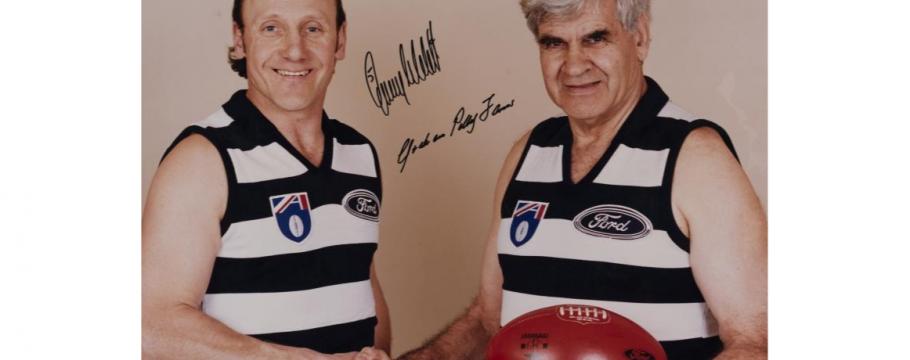
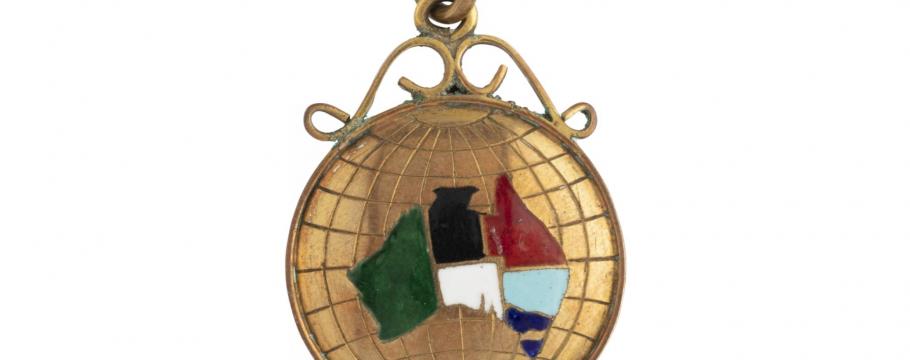

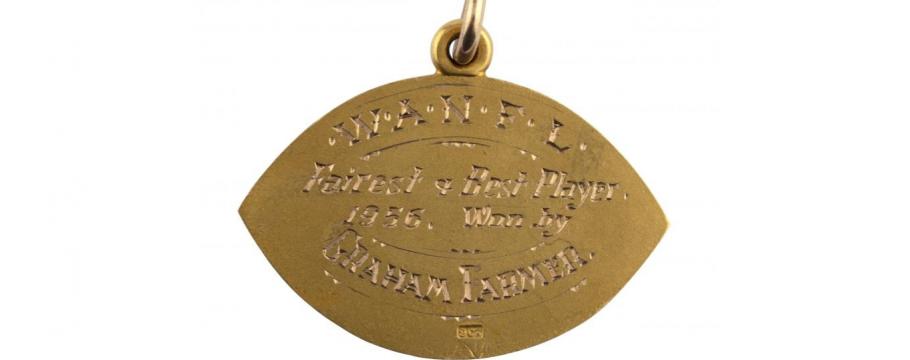
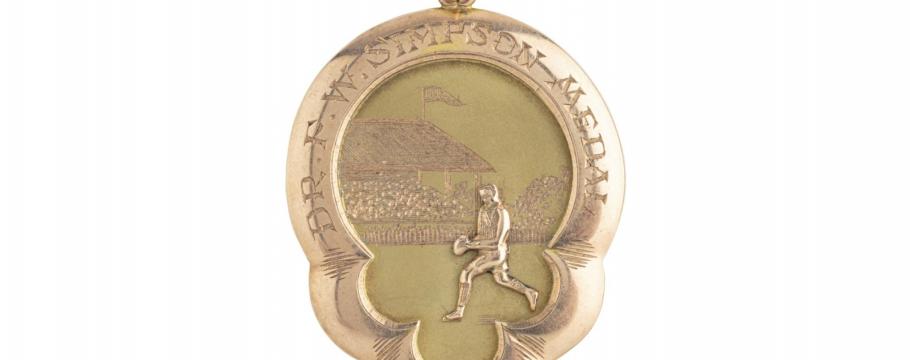
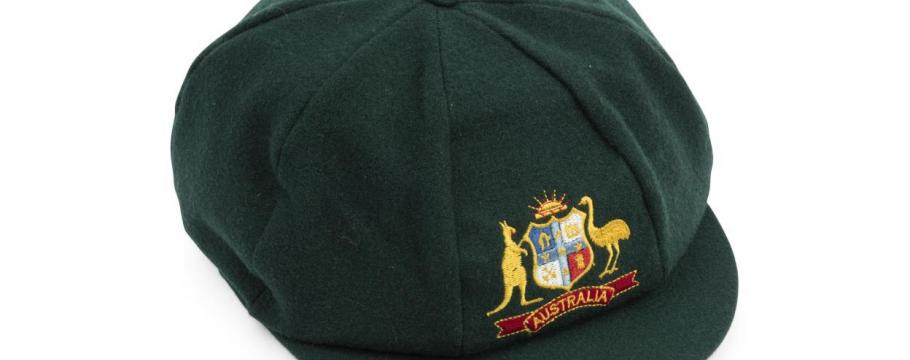
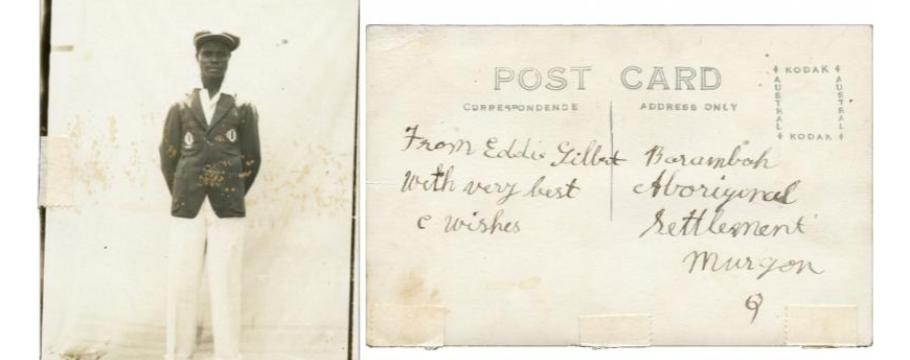
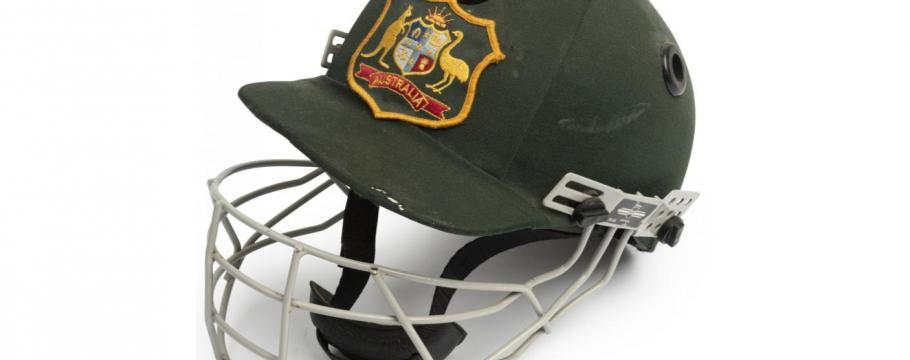
Polly Farmer holds sway in Australian sporting memorabilia auction
Author: Richard Brewster | Posted: 21st July, 2020
As the worldwide COVID-19 pandemic continues to throw employment prospects and business practices in Australia into chaos, the country’s traditional Australian Football League season has become a sputtering stop-start competition with all 18 teams now forced to play in what has been termed coronavirus “hubs” (where the virus is virtually non-existent) to complete the home-and-away draw in time for finals.
One of the bright notes in such an interrupted season is the auction of the personal collection of football memorabilia belonging to Aboriginal legend the late Graham “Polly” Farmer, a ruckman who played for Victoria’s Geelong Football Club from 1962-1968, and is regarded as the best footballer to ever come from Western Australia.
The Sporting Memorabilia & Collectables auction by Abacus Auctions, which now has much larger new showrooms at 29 Hardner Road, Mount Waverley, will be held entirely online from 11am Saturday July 25 with bidding via absentee bids, over the phone or online.
So good was Farmer, who died last year aged 84, that he completely revolutionised ruck-craft and turned handball into an offensive weapon.
Before coming to Geelong, his star-studded Western Australian career was legendary – winning five premierships in that State’s competition, three Sandover Medals for fairest and best player, four Simpson Medals for best player in the grand final and the coveted Tassie Medal for best player at the Australia-wide National Carnival.
It is no secret that Farmer was a vital cog in the Geelong Football Club winning the 1963 Victorian Football league premiership and many pundits rate he and freak Gary Ablett Sr (nicknamed “God” and Geelong’s leading goalkicker with 1031 career goals who played from 1982-1996) as the greatest players the club has ever had.
In 1968, he returned to Western Australia to captain-coach West Perth before coming back to Geelong for a three-year stint as coach between 1973 and 1975.
In all, Farmer won 10 best and fairest awards across his three clubs – a feat unlikely to be matched by any other elite level player.
The collection, which stretches from lots 228 to 347, features several significant items including a Geelong football jumper with number 5 on the reverse (lot 242) – the number made famous by both Farmer and later Gary Ablett Sr and signed by both players.
His Simpson (lots 271, 283, 286 and 324) and Sandover medals (lots 273, 277 and 289) feature prominently along with the Tassie Medal (lot 272) he won at the 1956 carnival. This was the fifth ever produced and the first to ever be auctioned and carries a catalogue estimate of $20,000.
Another highlight is the 1963 VFL premiership medal (lot 300), with Farmer’s name engraved on the back, and statue on a wooden plinth of a footballer “taking a screamer” (lot 301) with plaque Geelong Football Club Premiers 1963 and Graham Polly Farmer attached.
Two Carji Greeves awards for Geelong’s best and fairest in 1963 and 1964 (lots 302 and 306) are other treasures.
However, one of the most intriguing lots is 304 – featuring four press photographs, one of which shows Farmer famously handballing a football through the partially open window of his new 1963 HR Holden station wagon.
Cricket memorabilia will be another strong crowd puller at the auction with a real photo postcard of Aboriginal fast bowler Eddie Gilbert wearing his Queensland cricket blazer and cap (lot 101) and signed on the back “From Eddie Gilbert, With very best wishes. Barambah Aboriginal Settlement Murgon Q.” being among the rare attractions.
Gilbert played 23 first class matches for Queensland between 1930 and 1936 and Australian batting icon Sir Donald Bradman claimed he was the fastest bowler he ever faced.
Examples of Gilbert’s signature are rare so lot 100 – which features a March 4, 1931 hand written signed letter by him from the Murgon settlement – is a real find.
Former Australian Test cricket captain Steve Waugh’s baggy green (lot 141) should attract plenty of attention. Waugh played 168 Tests from 1985-2004 and is considered the most successful Test captain in cricket history.
The previous lot, 140, is his signed Australian Test helmet from the 1994-95 Ashes series. Waugh scored a century on every Australian ground except the WACA in Perth – the closest being 99 not out in the Fifth Test against England when fast bowler Craig McDermott left him stranded after being run out.
The dented visor bears testimony to Waugh’s extreme displeasure after he returned to the Australian dressing room.





